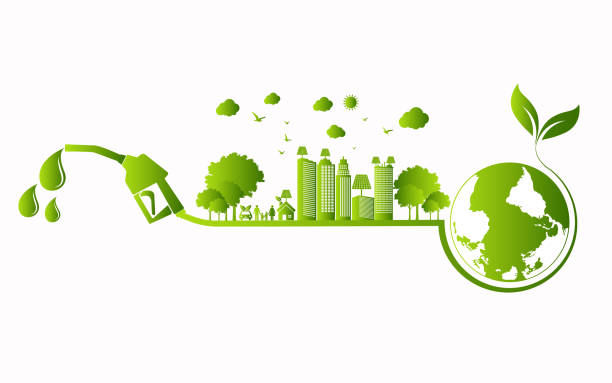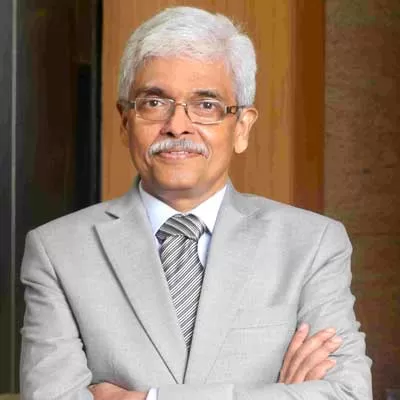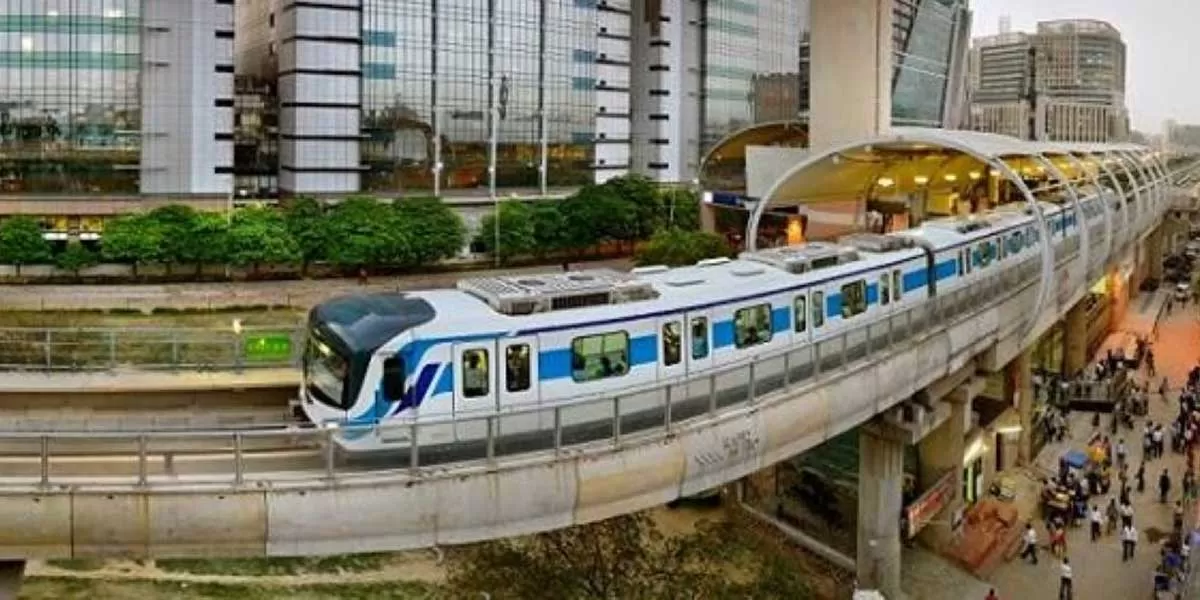
Biomass Briquettes: Goa’s project to turn agri waste into green fuel

We are shaping the next era of vertical mobility
Otis, a global leader in elevator and escalator solutions, is focusing on growth strategies for 2025. Sebi Joseph, President of Otis India, speaks with CW about sector trends and the company’s future plans.What are your key growth strategies for 2025?At the heart of our strategy for 2025 is a commitment to harness India’s growth potential, adapting to the changing landscape, and being a driving force in shaping the future of urban mobility. Our progress will be powered by:Tapping into emerging cities: India's tier 2 and 3 cities, including Jaipur, Indore, and Kochi, are driving rapid ..

Brookfield REIT Q3 NOI Rises 11% to Rs 5.03 Bn
Brookfield India Real Estate Trust reported an 11 per cent increase in adjusted net operating income (NOI) to Rs 5.03 billion for the quarter ended December 2024.In a regulatory filing, the company also declared distribution of Rs 29billion or 4.90 per unit for the quarter ended December 31, 2024.Adjusted Net Operating Income grew by 40 per cent year-on-year during the April-December period of this fiscal to Rs 14.64 Bn from Rs 10.45 billiom in the year-ago period.Brookfield India REIT manages 10 Grade A assets across Delhi, Mumbai, Gurugram, Noida, and Kolkata.The Brookfield India REIT ..

Gurugram’s Key Corridor Set for Expansion
The National Highways Authority of India (NHAI) is set to develop a six-lane surface road and a flyover along the high-traffic stretch between Hero Honda Chowk and Umang Bhardwaj Chowk in Gurugram. The project, estimated at Rs 2.1 billion, aims to decongest one of the city's busiest corridors. The Gurugram Metropolitan Development Authority (GMDA), overseeing the project, has already funded utility relocations. Authorities are now finalizing cost estimates for shifting electricity, water, and sewage lines, with relocation work expected to take six months. Initially planned in 2021, the 3.2-k..















